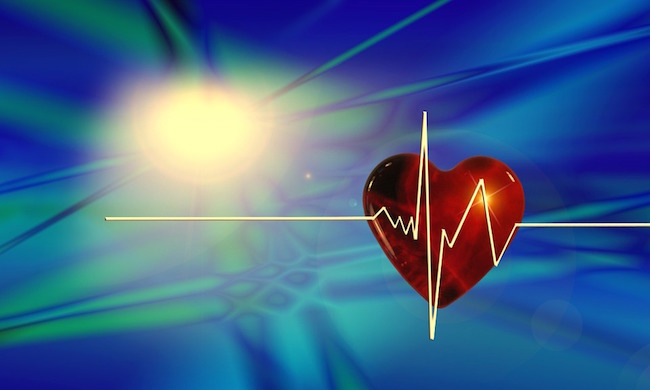Study: Intense light therapy found to protect against heart attacks by: Virgilio Marin for Natural News
A study published in the journal Cell Reports found that intense light therapy can help protect the heart from tissue damage and boost heart health.
Their findings highlight the potential of intense light therapy for people who had a heart attack, especially before going to surgery.
“If the therapy is given before high risk cardiac and non-cardiac surgery, it could offer protection against injury to the heart muscle which can be fatal,” said Dr. Tobias Eckle, one of the authors of the study.
Novel intense light therapy boosts heart health
The researchers explain that light plays an important role in human health; it regulates not only the circadian rhythm but also affects cardiovascular health. In fact, the United States records more heart attacks during the darker months of winter, even in sunny states such as Hawaii and Arizona.
In the study, they sought to develop a cardioprotective strategy using light to target and manipulate the function of the PER2 gene. This protein is expressed by a part of the brain that controls circadian rhythms.
The team first conducted a trial on mice by subjecting them to intense light. They found that boosting the PER2 gene through intense light therapy led to enhanced cardioprotection, especially during low-oxygen conditions such as a heart attack.
The intense light also heightened cardiac adenosine — a specialized chemical that helps with blood flow regulation. The researchers note that blind mice did not experience the same benefits under light therapy. This suggests that visual light perception is a prerequisite for the therapy’s effects.
Next, they tried the therapy in healthy humans and exposed them to 10,000 lumens of light for 30 minutes for five consecutive mornings. As in the mice trial, the intense light increased the PER2 gene while lowering plasma triglycerides and improving metabolism.
“We already knew that intense light can protect against heart attacks, but now we have found the mechanism behind it,” added Dr. Eckle. “Giving patients light therapy for a week before surgery could increase cardioprotection.”
The findings of the study could mean a lot for treating and preventing myocardial ischemia, a condition in which blood flow the heart muscle is obstructed by the buildup of plaques. The rupturing of these plaques is what causes heart attack.
Natural light is good for human health
The study highlights the importance of light on human health. According to Dr. Eckle, the arrival of sunlight is one of the most important events in the history of Earth. It caused “the great oxygen event.” Trillions of algae started generating oxygen that transformed the entire planet.
In fact, being adequately exposed to natural light have important benefits to human beings. For one, it boosts vitamin D production in the skin, which plays an essential role in bone health. Vitamin D deficiency is known to cause rickets and osteoporosis.
There is also a condition called seasonal depression. Experts estimate that about six percent of Americans experience seasonal affective disorder while 14 percent have “winter blues.” Exposure to the sun, however, can help ward off mood changes associated with these seasons. (Related: Seasonal Affective Disorder sufferers need natural sunlight, not antidepressants or artificial light.)
Research also showed that the amount of sunlight a person receives can affect how much sleep he gets at night. At least half an hour of direct morning sunlight is said to benefit people the most. Meanwhile, artificial light has little to no effect and can even elevate one’s stress response.




